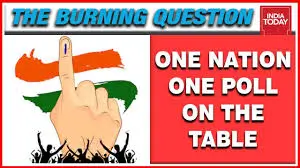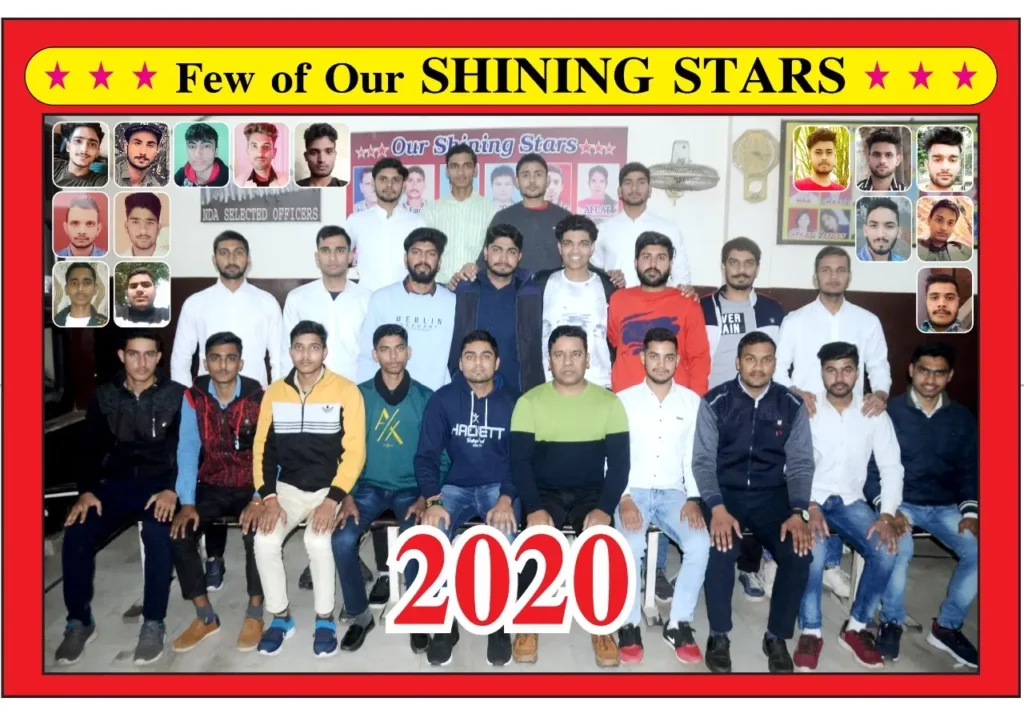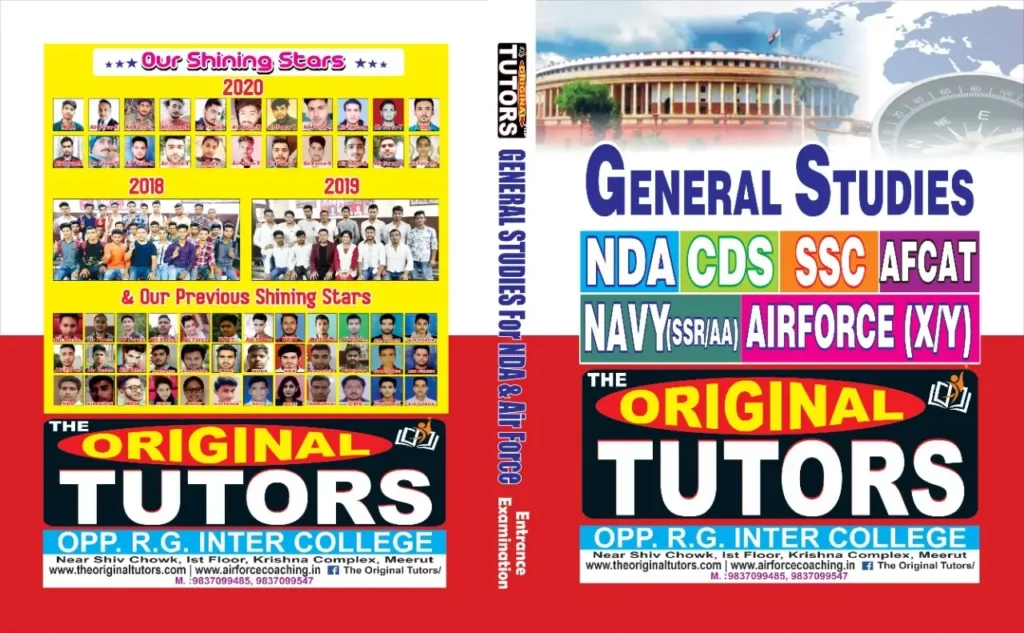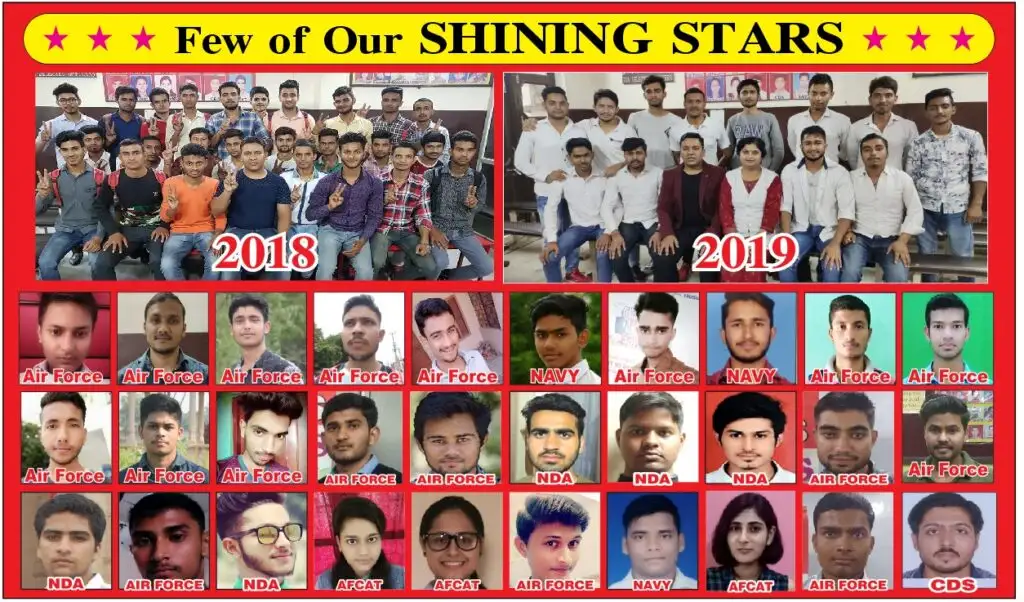One Nation One Poll: Points and counterpoints

‘One Nation One Poll’ — Prime Minister Narendra Modi lost no time in calling an all party meeting on 19 June to discuss the issue to put into action as early as possible.
While leaders of 21 political parties out of the 40 invited for the meeting attended the deliberations, 19 parties including the Congress, SP, BSP, DMK, did not turn up citing their opposition to the idea. The meeting, presided by the Prime Minister, decided to set up a committee under Defence Minister Rajnath Singh to evolve a consensus on the issue and present a report about the feasibility of its implementation.
While there are some obvious advantages if the country’s electoral system is switched to holding general and assembly elections together, for this to happen, there is a need for consensus across the entire political spectrum. Majority of arguments in favour of the proposal revolve around impact on governance due to frequent imposition of Model Code of Conduct (MCC), recurring expenditure on conducting frequent polls and deployment of security forces for extended periods along with their movements from one region to another. Another set of reasons given for holding polls together deal with disruption of normal life due to frequent polls, heightening of communal and caste tensions and adverse impact on governance and policy making.
Opponents argue that holding of simultaneous elections are against the spirit of the Constitution, as it would result in negation of democracy. They would also violate the federative character of the country’s polity. Idea of holding polls together is “very difficult to implement,” stressed former President Mukherjee after relinquishing the post saying that people of state or states “will be denied their representative government” if one tried to hold elections simultaneously.
Prolonging or shortening of the term of assemblies is “anti-democracy, anti-federal” said CPM general secretary Sitaram Yechury because it practically means to bring the president’s rule through the backdoor.
How will it work?
There were two proposals to conduct simultaneous elections along with 17th Lok Sabha elections. However, both didn’t materialise.
One proposal was to make the shift to simultaneous polls in a phased manner, where general elections, 12 State Assemblies (which by themselves face elections in late 2018 or 2019) and a Union Territory may be synchronised in 2019, as the rest of the states are in the middle of their five-year term.
These 12 states were Andhra Pradesh, Arunachal Pradesh, Odisha, Sikkim, Telangana, Haryana, Jharkhand, Maharashtra, Chhattisgarh, Madhya Pradesh, Mizoram and Rajasthan. NCT of Delhi (Union Territory with Legislature) also faces polls in 2019. For such a synchronisation to happen, besides political consensus and extension of term up to six months in some states, amendments to the Constitution have to be made. Elections to the remaining State Legislative Assemblies and Union Territory with Legislature (Puducherry) will be synchronised by the end of 2021. Thereafter, elections to the Lok Sabha, all the State Legislative Assemblies and Union Territories (with legislatures) will be held simultaneously from 2024.
The second option involved synchronisation in two batches. First, elections to the 12 State Legislative Assemblies and one Union Territory would be synchronised with elections to the Lok Sabha in 2019. Next, elections to the remaining State Legislative Assemblies will be synchronised with that of one Union Territory by the end of 2021. This makes elections across the country synchronised in such a manner that they will be held twice every five years.
Why do some support?
Simultaneous polls will reduce enormous costs involved in separate elections.
The system will help ruling parties focus on governance instead of being constantly in election mode.
Simultaneous polls will boost voter turnout, according to the Law Commission.
What are the arguments against One Nation One Poll ?
National and state issues are different, and holding simultaneous elections is likely to affect the judgment of voters.
Since elections will be held once in five years, it will reduce the government’s accountability to the people. Repeated elections keep legislators on their toes and increases accountability.
When an election in a State is postponed until the synchronised phase, President’s rule will have to be imposed in the interim period in that state. This will be a blow to democracy and federalism.
For Further Details of GD and More important GD Topics fir Airforce X/Y Group Visit: http://airforcecoaching.in/airforce-x-y-gd-topics/
For Further Contact Us Please Visit: http://www.theoriginaltutors.com
GD Topic on One Nation One Poll
















